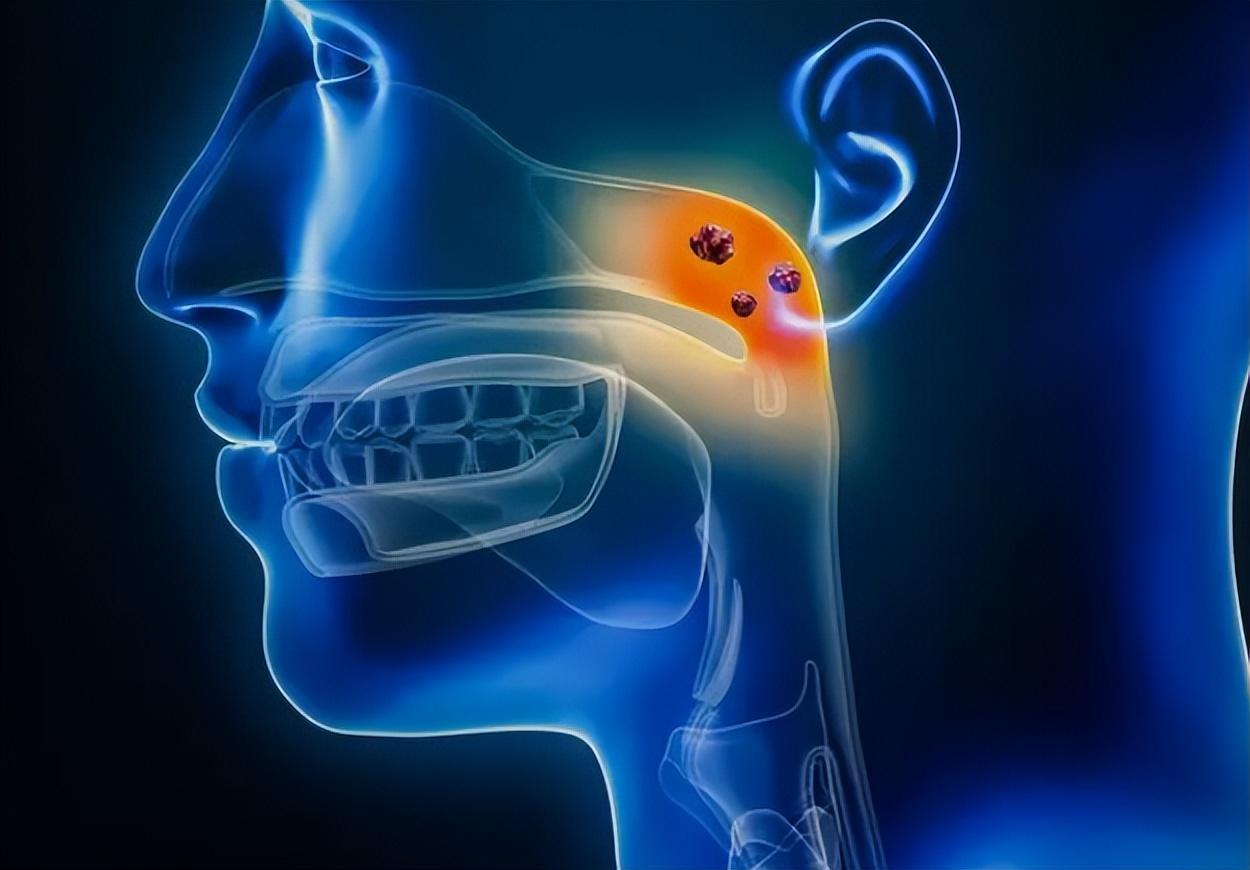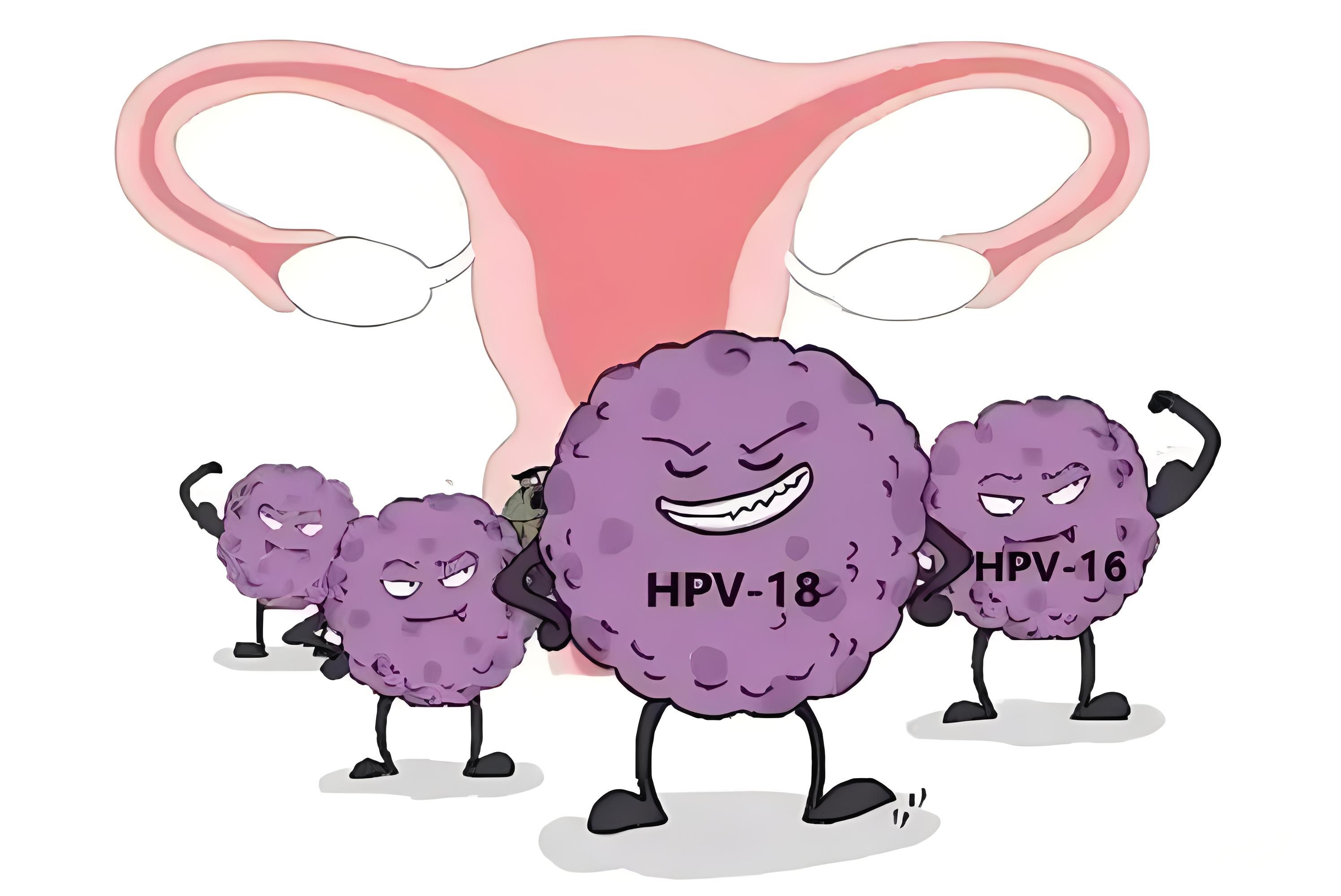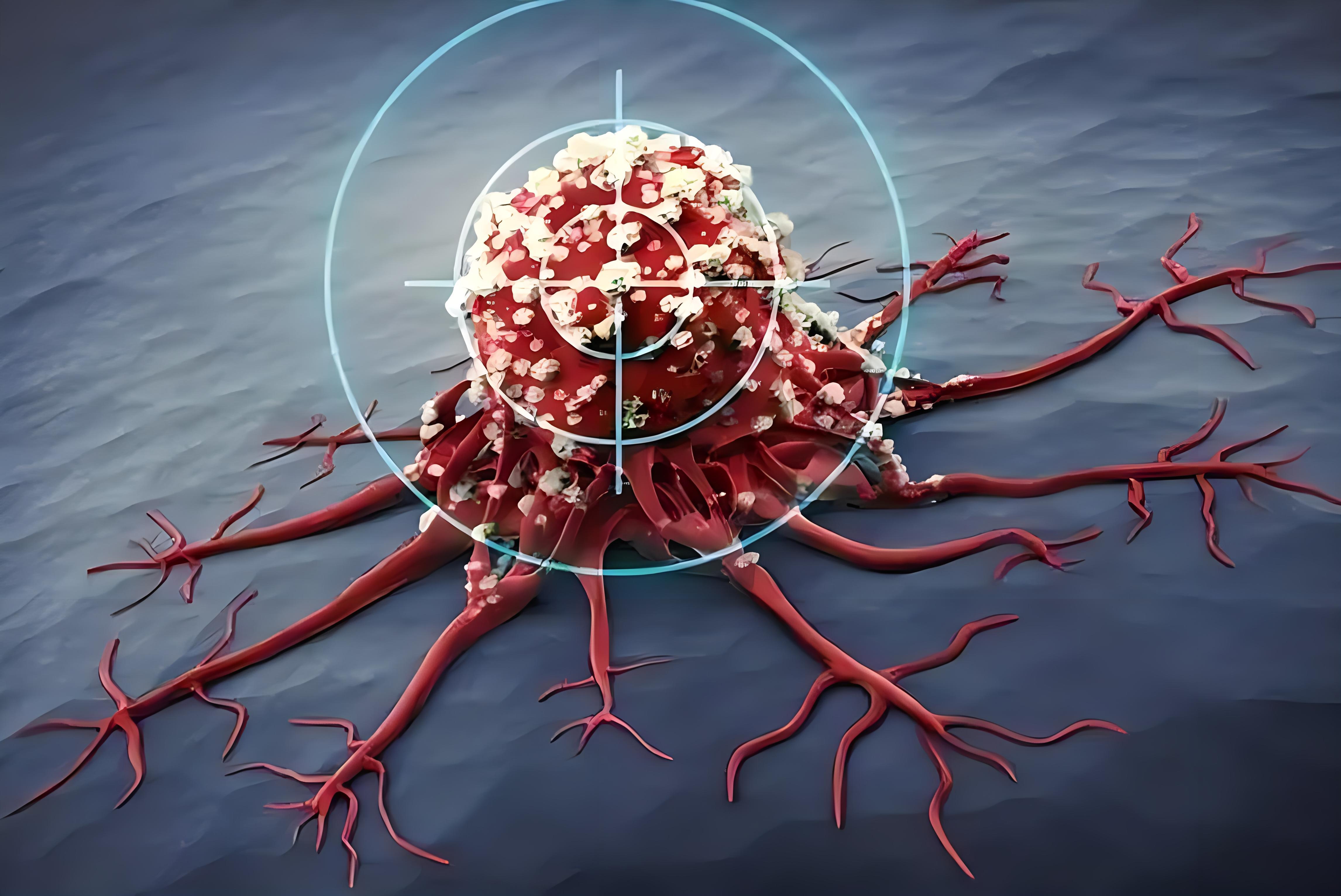A low-carbon diet can quickly reduce weight, but it is only referred to as the diuretic effect of ketosis. Eating too much fat and protein can lead to a series of side effects such as kidney stones.
To lose weight, you must eat less, exercise more, or do both. But some claims suggest that as long as the diet follows a certain combination of foods, weight can be automatically lost, with the most famous being a "low-carbon diet" - consuming fewer carbohydrates (carbohydrates) to burn fat and achieve weight loss goals. This method seems very environmentally friendly, causing many beauty lovers to bid farewell to their staple food. However, decades of scientific research have yet to determine the pros and cons of this method, but its potential side effects have to be prevented - ketosis, heart disease, cancer, osteoporosis, kidney stones
Medical Guidance/Tan Rongshao, Director of the Nutrition Department of Guangzhou Red Cross Hospital
Dieting ketosis can lead to poisoning
Tan Rongshao, Director of the Nutrition Department of Guangzhou Red Cross Hospital, introduced that carbohydrates, fats, and proteins are the three essential nutrients for the human body. Among them, protein has a relatively small proportion of energy supply and is generally not used as the main fuel, while fats and carbohydrates are the main sources of energy. Only by achieving energy intake less than expenditure can weight loss be achieved. For example, a person's body weight contains approximately 3500 calories per pound. To lose one pound per week, you need to eat 500 fewer calories per day than needed for metabolism. Short term hunger dieting can help you lose weight, but it's difficult to persist. If exercise and dietary habits are not improved, weight can easily rebound, even heavier than before.
The most extreme form of dieting is a complete hunger strike. In just a few days, both body fat and protein are used to generate energy, even causing the body to consume protein from muscles, heart, and other internal organs. Tan Rongshao said that fat is broken down into fatty acids to serve as fuel, but insufficient carbohydrates can prevent the complete combustion of fatty acids, producing acidic substances called "ketone bodies" that can lead to ketosis: fatigue, decreased appetite, and in severe cases, ketoacidosis can occur. The breath emits a foul odor of ketone bodies, causing mental coma and endangering life. It is necessary to seek medical treatment. In addition to ketosis, fasting for weight loss can also cause hypoglycemic reactions such as hand tremors and cold sweats, malnutrition, and anorexia. In addition, supplementing nutrition in extreme hunger can lead to "overfeeding syndrome", and even very thin people can develop fatty liver.
"Low carbon diet" needs to be cautious of multiple side effects
A low-carbon diet refers to a low carbohydrate diet that reduces the intake of staple foods such as rice. Stephen Barrett, Vice President of the National Health Fraud Commission and Medical Doctor, said that implementing a low-carbon diet properly can allow the body's stored fat and glycogen to meet energy metabolism needs without consuming muscles. However, a low-carbon diet can also lead to ketosis, which has a diuretic effect and causes rapid weight loss. In fact, the body loses water rather than fat.
The most influential low-carbon dietary method originated from the 1972 work of Dr. Atkins, an American, titled "The New Dietary Revolution of Dr. Atkins," whose strict control of carbohydrate intake caused great controversy in the medical community.
Supporters believe that a low-carbon diet can reduce weight (average around 10%) and blood cholesterol levels (average around 5%) to some extent, leading to a lower risk of heart disease, but its long-term effectiveness is still uncertain.
Tan Rongshao believes that implementing a low-carbon diet allows for a relatively high amount of fat to be eaten, making it easier to feel full. At the same time, ketosis reduces appetite, which can lead to a decrease in overall energy intake. This is the reason why the weight loss effect seems to be rapid, so controlling total energy intake is more important.
Opponents argue that few people can stick to a low-carbon diet for the long term, and research has found that only 1% of people can stick to it for an average of 19 months. A low-carbon diet that reduces carbohydrates leads to a relatively higher intake of protein and fat, which goes against the health philosophy of the medical and nutritional communities and is not suitable for patients with coronary heart disease, gout, and kidney disease. Studies have shown that long-term increase in saturated fat intake can increase the risk of heart disease and cancer. Tan Rongshao reminds that high fat can increase the burden on the liver and impact blood vessels; High protein content can increase the risk of osteoporosis and kidney stones; Insufficient intake of fiber can easily cause constipation.
A group of experts in the United States have summarized research on low-carbon diets over the past 40 years and stated that neither supporters nor opponents have sufficient evidence. Dr. Philips Shapari, a medical doctor at the University of Pennsylvania in the United States, said that there is no one dietary method that is suitable for everyone, and the best dietary method for an individual may depend on genetic factors. Tan Rongshao said that dieting and weight loss are best carried out under the guidance of doctors and nutritionists.




















COMMENT